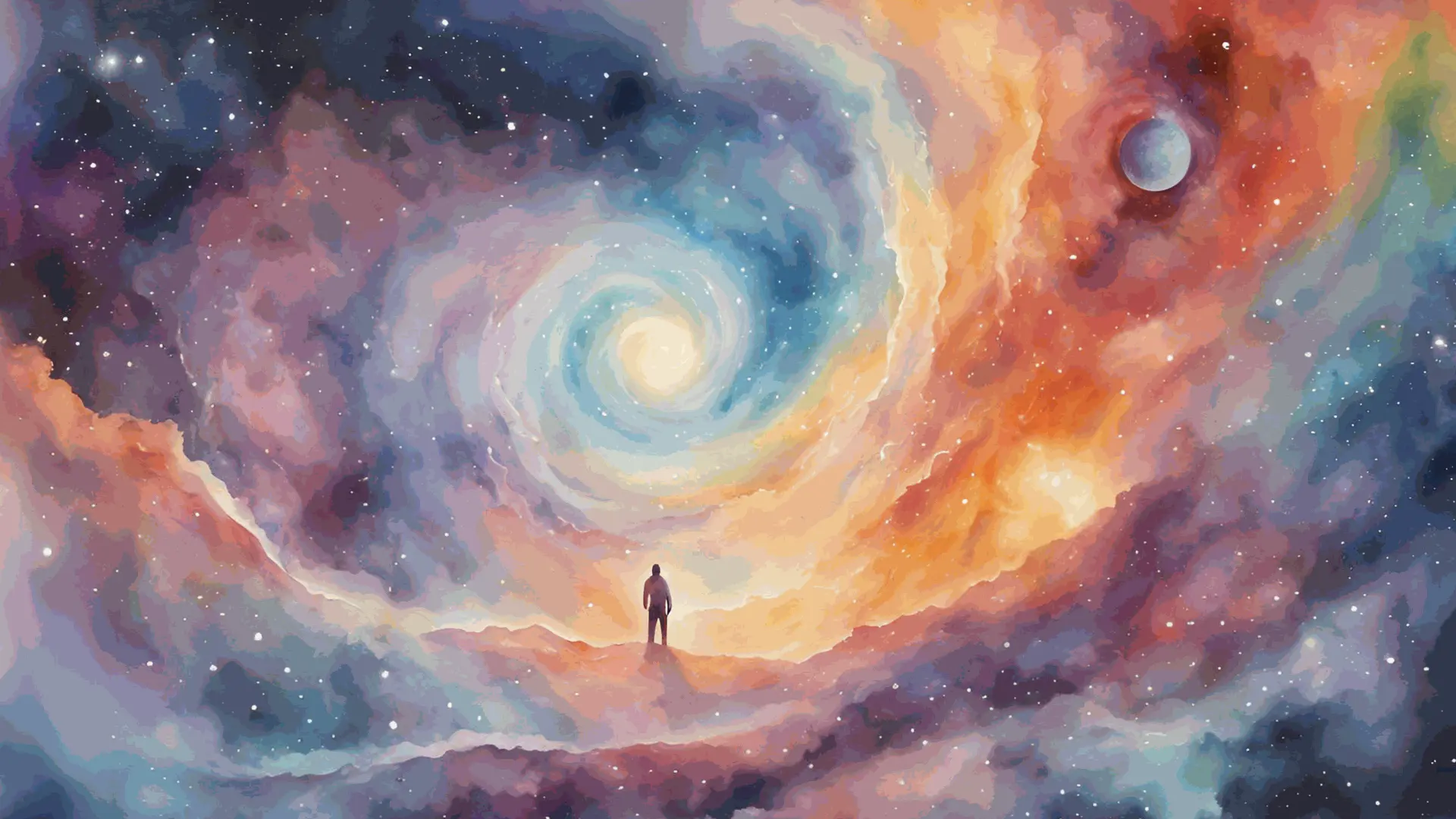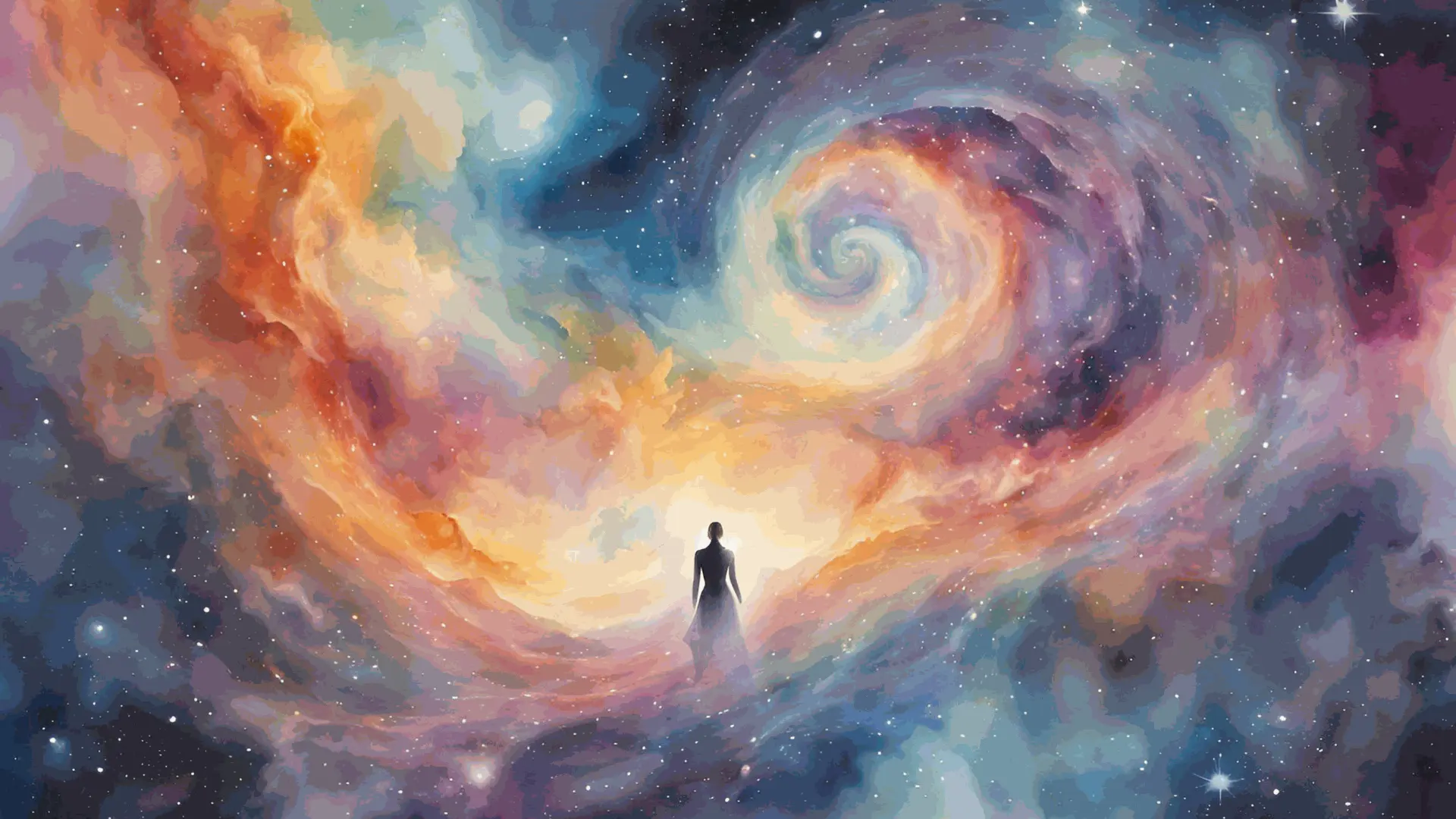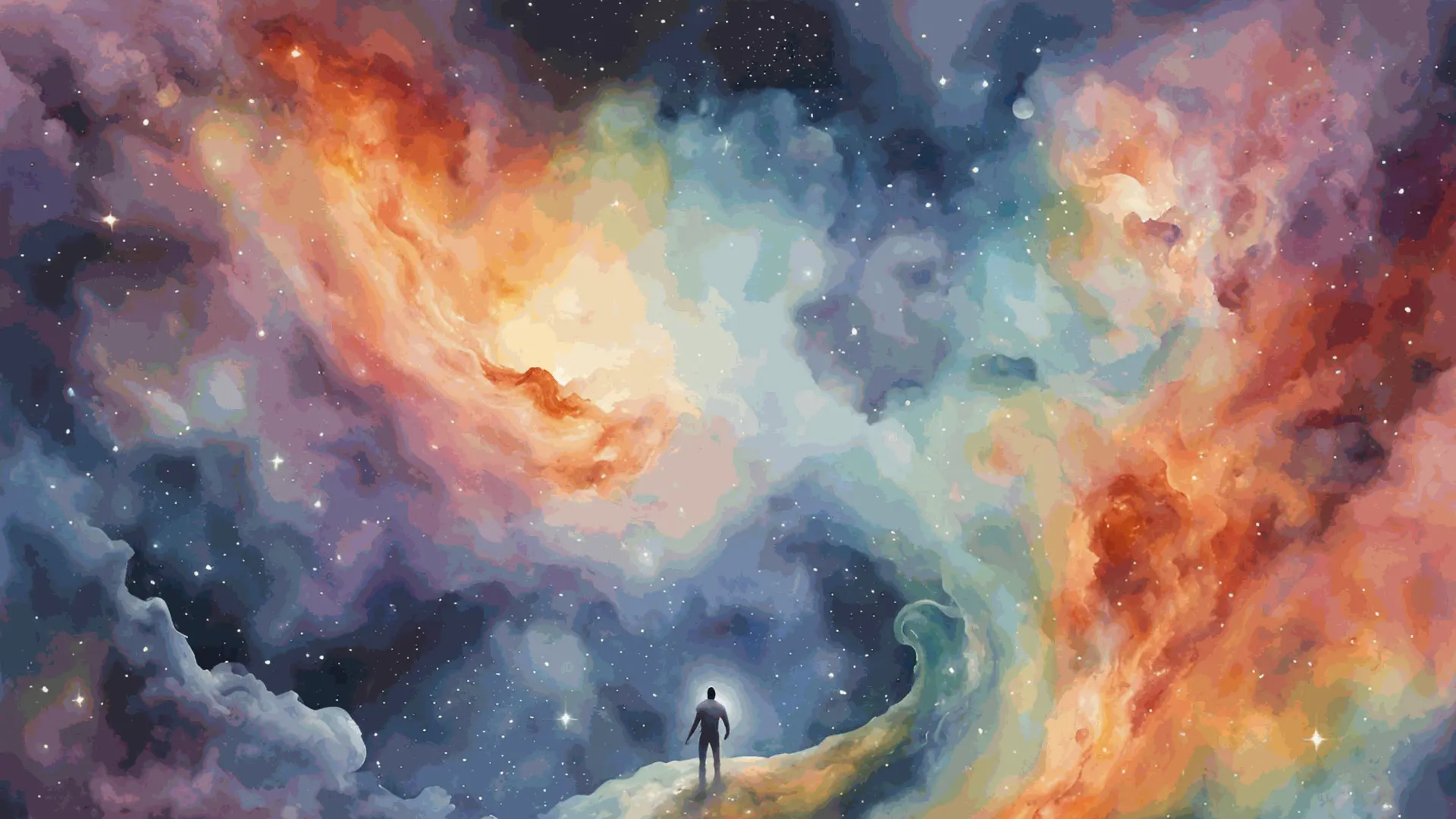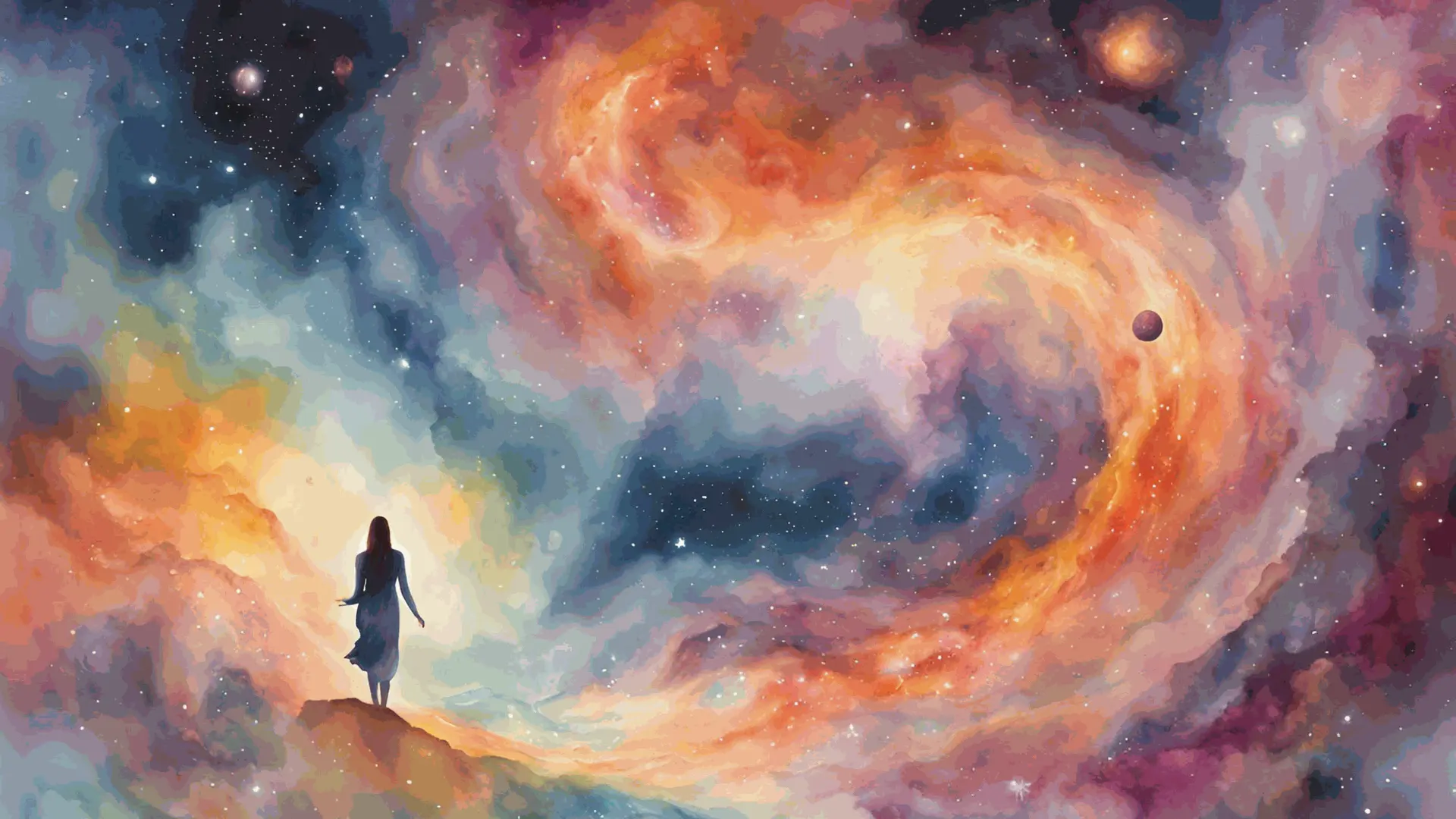Disclaimer: This is a purely hypothetical answer, exploring imaginative possibilities about the nature of reality and the afterlife.
What If Ghosts Exist in a Universe Beyond Heaven and Hell?
Imagine a universe where ghosts are real, not residing in the realms of heaven or hell, but in a completely different dimension—a space that exists parallel to ours, where spirits linger between worlds. This idea changes how we think about life after death, our place in the cosmos, and the concept of reality itself.
A Universe Beyond Heaven and Hell
In this hypothetical scenario, after death, some souls do not go to the traditional afterlife of heaven or hell. Instead, they pass into an alternate universe, a ghostly realm. This universe could be intertwined with our own, existing in a state that is invisible or intangible to the living, yet not entirely disconnected.
- A Different Dimension: The ghost universe may operate on its own laws of physics, time, and space. Ghosts could move freely within this dimension, possibly interacting with the living world under specific circumstances like energy fluctuations or emotional connections.
- Purpose of the Ghosts: Ghosts might not just linger aimlessly. They could have a purpose—unfinished business, protection of loved ones, or even seeking answers about their own existence. This dimension could act as a bridge for them to resolve what they couldn't in life.
- Communication with the Living: In this universe, people might occasionally sense the presence of ghosts. Perhaps through whispers, cold drafts, or fleeting apparitions, the line between the living and the ghostly universe would sometimes blur. Certain individuals might even have the ability to communicate more directly with this realm.
How Would This Change Our Understanding of Death?
If this ghostly dimension truly existed, it would challenge religious and spiritual beliefs across cultures. Instead of the binary understanding of the afterlife as heaven or hell, this would add complexity to the concept of the soul’s journey after death.
- New Spiritual Beliefs: Religions might adapt to include this intermediate realm in their doctrines. Some could interpret it as a space where souls transition before moving on to their final resting place, while others might view it as a spiritual limbo.
- Scientific Interest: The existence of such a realm would spark curiosity in the scientific community. Researchers would try to find evidence of this dimension, developing new tools and theories to understand it. Paranormal investigations would become a serious field of study.
- Cultural Shifts: Our approach to death and the afterlife would change. Fear of the unknown might lessen, as people would view death not as the end, but as a transformation into another state of being. Funerary practices, grief, and memorials would all evolve in response to this new understanding.
The Nature of This Ghostly Universe
- Energy-Based Existence: In this ghost universe, spirits may exist in a form of pure energy, no longer bound by physical constraints. They could travel through time, revisit their past, or observe the living world without being seen.
- Time and Space: Time in this ghostly realm might not flow as it does for the living. Ghosts could experience time in loops, or it may move more slowly or quickly compared to the physical universe. This could explain why some spirits seem to be stuck in particular moments or places.
- Interactions with Our Universe: Ghosts might occasionally be able to manipulate objects in the living world—doors creaking open, lights flickering, or even more tangible signs of their presence. These interactions might be rare, requiring significant energy or emotional triggers.
Emotional Impact on the Living
Knowing that loved ones could still exist in a ghostly universe could offer comfort to the grieving. They might feel that the departed are not truly gone, but simply watching over them from another plane of existence. At the same time, the idea of lingering spirits could also evoke fear, especially if ghosts were believed to harbor unresolved emotions or unfinished tasks.
- Grief and Loss: Mourning might become less painful if people believed they could still connect with those who have passed on. This belief could foster a deeper sense of connection between the living and the dead.
- Fear of Haunting: On the other hand, the idea of ghosts could instill fear, especially if they were thought to be capable of influence or harm. People might take extra precautions to avoid angering spirits or disturbing locations where ghosts are known to linger.
Ethical and Moral Questions
- Freeing Spirits: If ghosts were trapped in this parallel universe, it might raise ethical questions about whether they should be "freed" or helped to move on. Could certain actions or rituals guide them to their next destination, or would they be forever bound to the ghostly realm?
- Responsibility of the Living: People might feel a responsibility to care for or assist ghosts, ensuring they find peace. This could lead to new rituals, cultural practices, or even laws about how to interact with haunted places or communicate with spirits.
Conclusion
In this imaginative scenario, ghosts existing in a universe beyond heaven and hell would alter everything we know about life, death, and the cosmos. Our spiritual beliefs, scientific pursuits, and cultural practices would all shift to accommodate the reality of this otherworldly dimension. While this remains a purely speculative idea, it invites us to ponder the mysteries of existence and the possibilities beyond what we currently understand.




What if ghosts exist in a universe beyond heaven and hell?